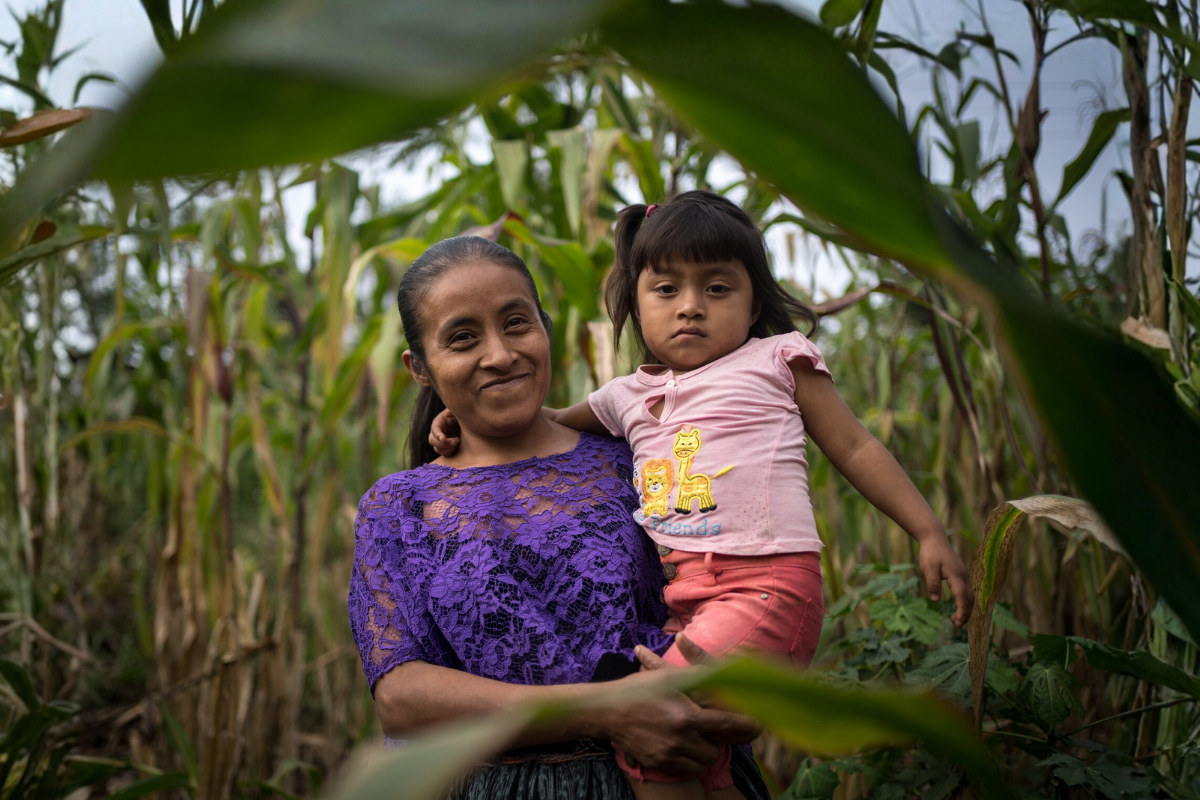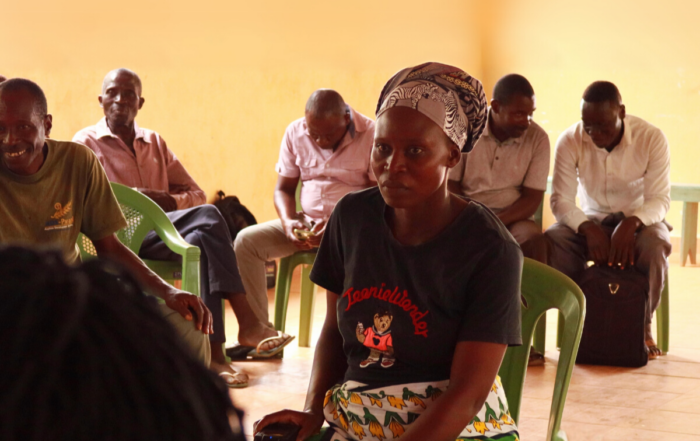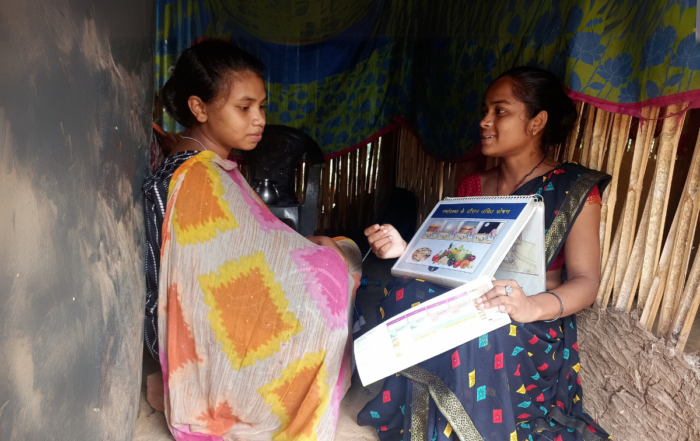Women in Malawi: What’s at Stake
In the busy market in Lunzu, Malawi, people buy fresh vegetables that women grow themselves and snack on donuts fried by young girls. You can buy everything from pots and pans, to legumes, and salted grasshoppers among the labyrinth of stalls. Meat is behind the vegetable section; recycled screws and electrical wires are in the east corner. Nearby, there are hair salons, bars, restaurants, tailors, and guesthouses. This hub of social and economic activity is the lifeblood of local livelihoods. Thousands rely on earning enough in this marketplace to provide for their daily needs.
But COVID-19 restrictions are making life more difficult in Malawi—especially for women. According to a recent survey* in 38 countries, 41% of women and 30% of men said hunger is their biggest challenge right now. In many places, it is common for women to prepare meals and then eat last and least. Loss of income is another significant impact of the pandemic for 55% of women and 34% of men. Women are most likely to work in the informal sector selling at markets and along city streets. With restrictions in place to prevent the spread of the virus, people cannot gather as freely—fewer customers means less income.
Women are hungry, anxious about their livelihoods, and stressed due to increased care burdens for children and other family members. It’s no wonder 27% of them reported mental health challenges, compared to 10% of men. Yet they carry on courageously.
For the past seven months, World Renew has continued to reach out to vulnerable women and their families. “We have remained active in each of the countries where we were working prior to COVID, and all of our programming has adapted to physical distancing requirements,” say World Renew Co-Directors, Ida Kaastra Mutoigo and Carol Bremer Bennett.
In Lunzu, where we have worked for the past five years, our local partners collaborated with the district health office to ensure people receive correct information about COVID-19. We distributed COVID-19 brochures and posters and held community meetings to equip people to stay safe. Our partners installed handwashing facilities in the market. Girls with sewing skills make masks for all the girls we work with and sell them to the wider community.
However, in the face of the critical need in Malawi and other poorer nations, it’s not enough to maintain our programs.
We have the infrastructure and the staff, but we need you in order to multiply our work. Please give, so that more women and men will have hope and a future
*CARE International recently surveyed 6000 women and 4000 men in 38 countries.
MORE STORIES AND NEWS
Guatemala: Paving a healthy way for future generations
Paving a healthy way for future generations November 10, 2025 Paving a healthy way for
Kenya: A mother’s journey to protecting her family’s health
A mother’s journey to protecting her family’s health April 21, 2025 A mother’s journey to protecting
Asia: An expectant mother learns about proper nutrition
An expectant mother learns about proper nutrition April 15, 2025 An expectant mother learns about proper






